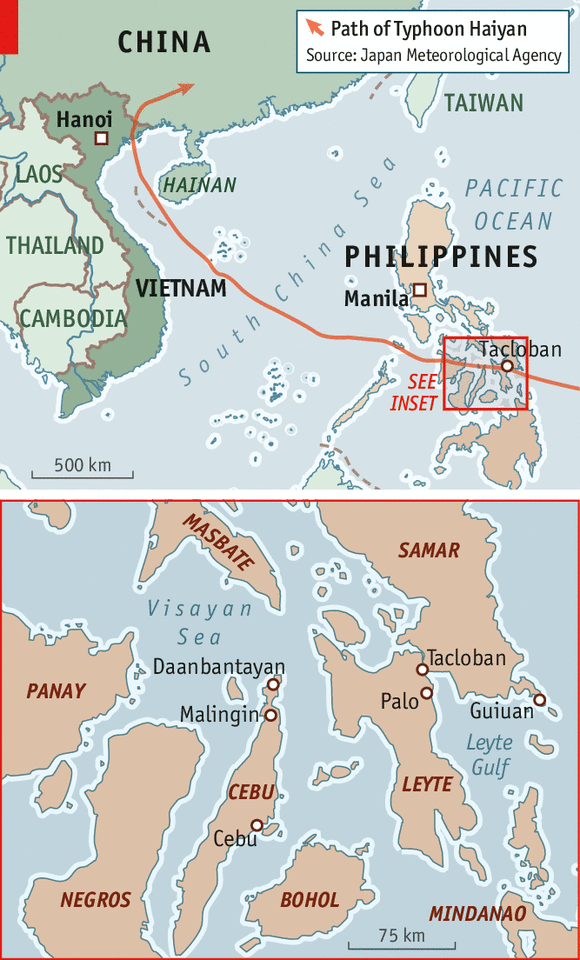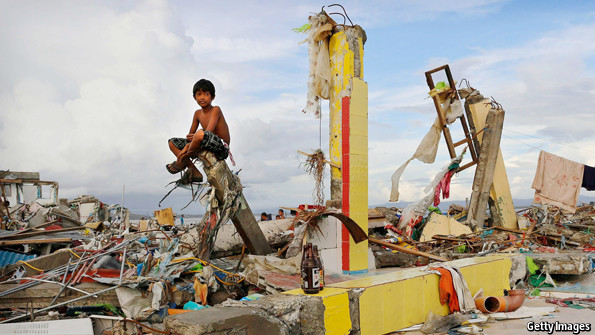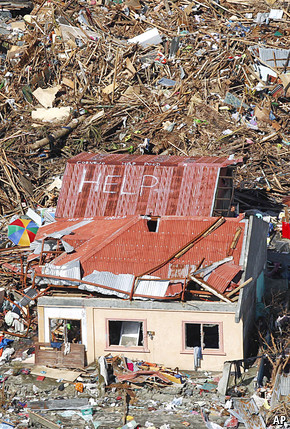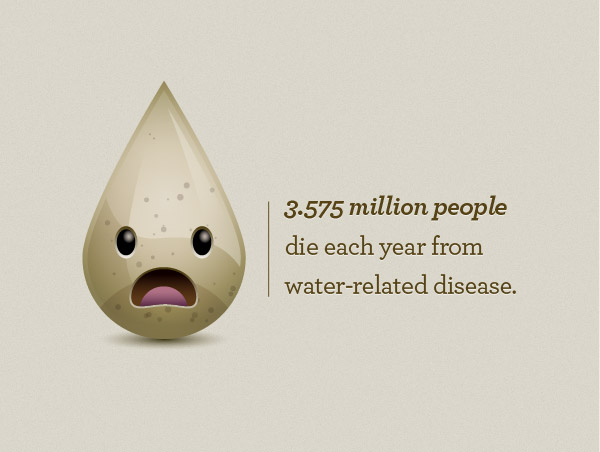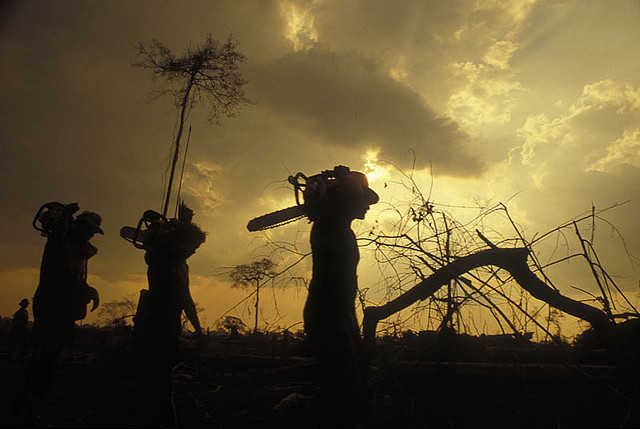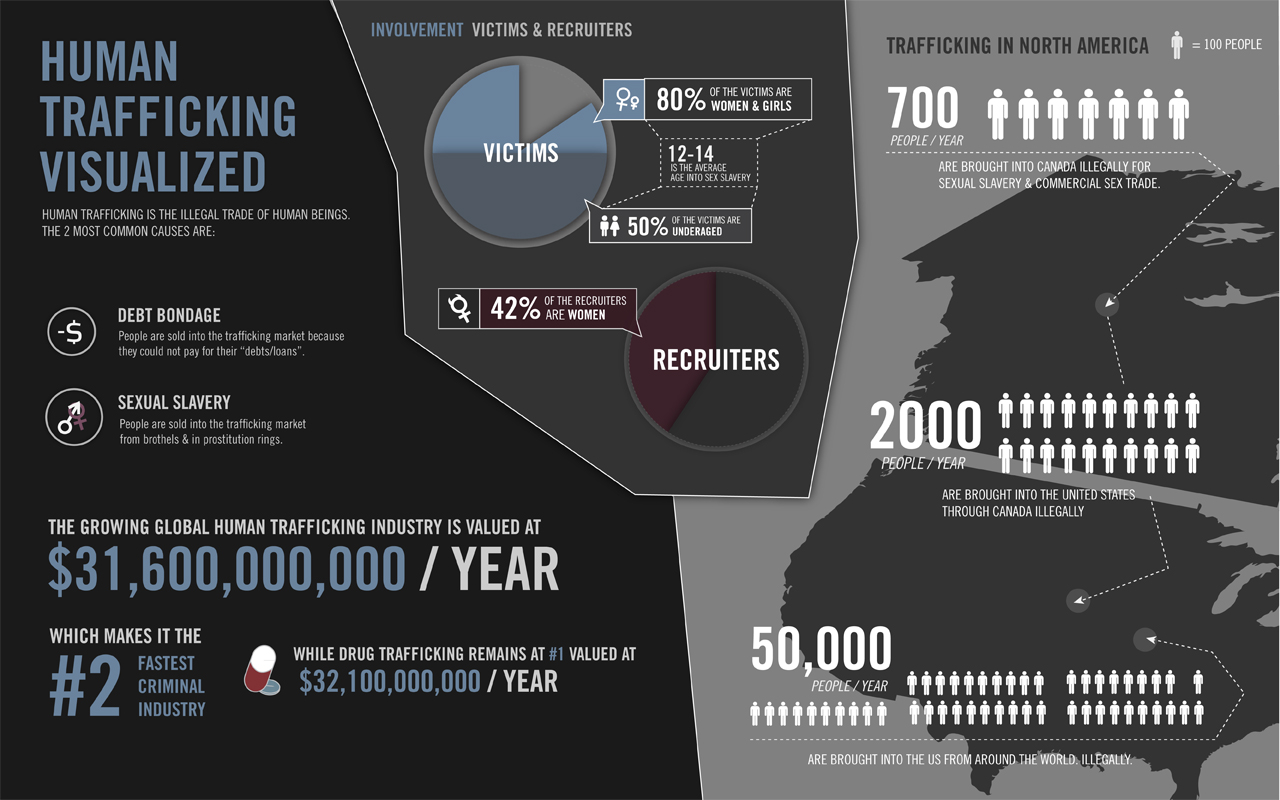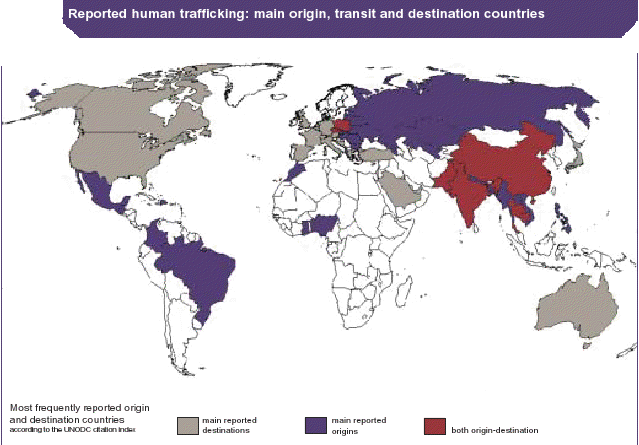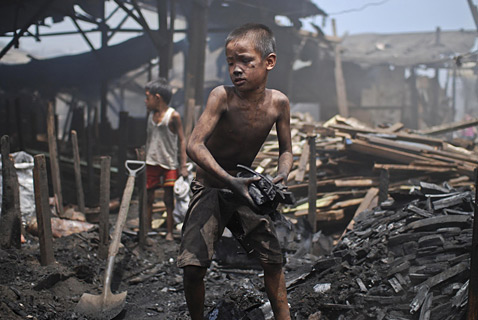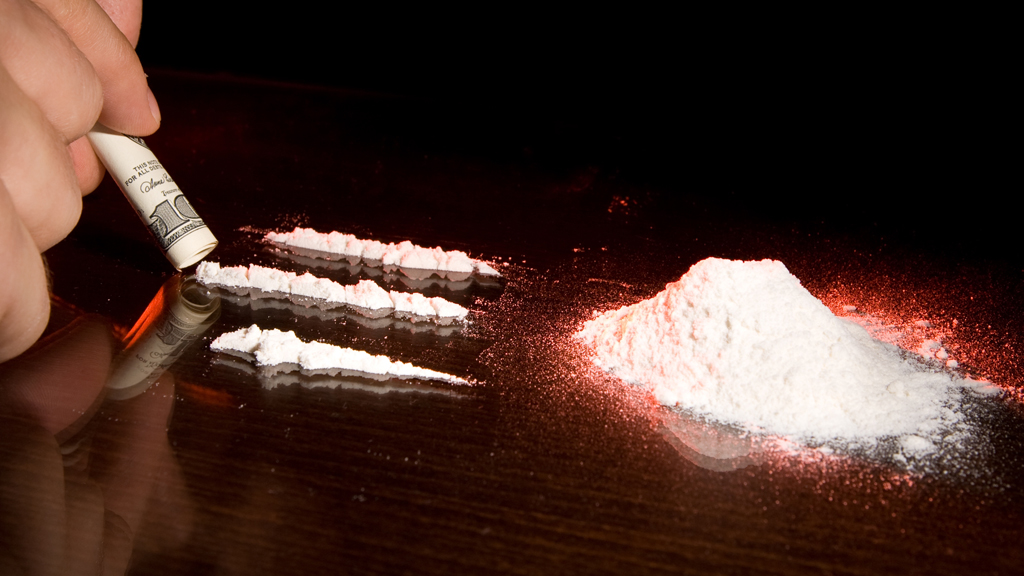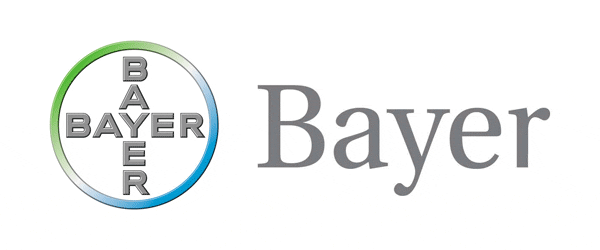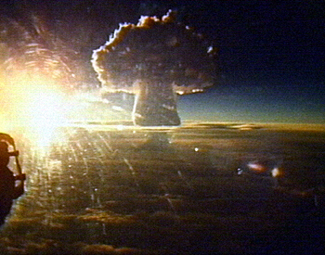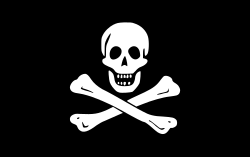- Corruption (n): dishonest or fraudulent conduct by those in power, typically involving bribery.
The world suffer corruption because people want power and money satisfy their greed. Countries that are developing face corruption inside the government. The government has the power to do anything, and the people must comply to the government's demands to be able to get something done. Our country, Vietnam, is a perfect example of horrific corruption of government officials. There are 3 types of corruptions: Petty corruption, grand corruption, and systematic corruption.
Petty corruption is corruption that are not major and serious. This usually happens with police, small officials, etc. In Vietnam. when a police calls a person over because that person violated a traffic law, the police will receive a bribe from that person so the police will let them go.
Systematic corruption is where agents or officials of a company act corruptly in the system. Extortion, bribery, and embezzlement are common in systematic corruption. For example, a household agent would ask for more money so that the buyers do not to have to take care of the paper work.
All things that happen must have at least an effect that comes afterwards. Corruptions have many.
Economic effects: Depletion of national and private wealth. Money will pure into the corrupted officials, while the citizens will have little wealth left. This will lead to unfair distribution of wealth. Inflation will happen, and the price of goods will surely increase.
Social effects: Dishonesty, shortcuts, no incentives to work to produce goods that are high quality and cheap. People that have power will have more power. People that have no power will remain in the same position. Inequality between the rich and the poor.
Solutions to the problems:
Collaboration between countries to help filter out and punish corrupted officials. Create a hotline for people to report corrupted individuals to the government. There are many other solutions that are implemented to prevent corruption.






